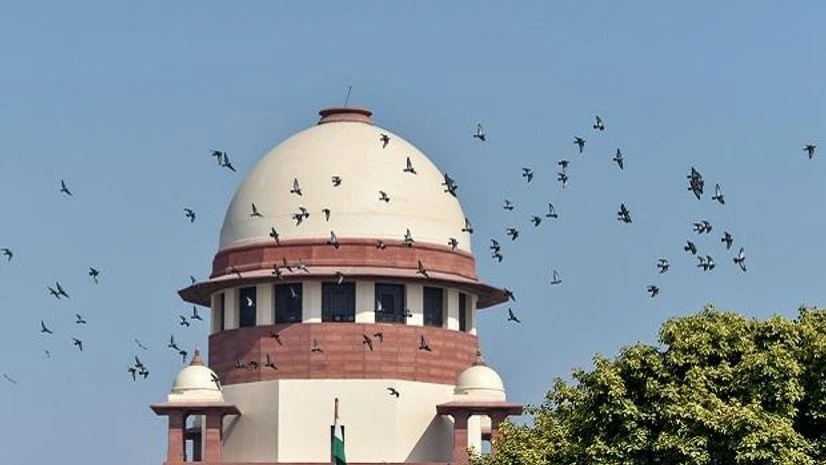In a democratic polity governed by the rule of law, the State cannot deprive citizens of their property without the sanction of law, the Supreme Court on Wednesday held.
The top court ruled that to forcibly dispossess citizens of their private property, without following the due process of law, would be to violate a human right, as also the constitutional right under Article 300A of the Constitution.
A bench of Justices Indu Malhotra and Ajay Rastogi in its verdict said the State being a welfare State governed by the rule of law cannot arrogate to itself a status beyond what is provided by the Constitution.
"In a democratic polity governed by the rule of law, the State could not have deprived a citizen of their property without the sanction of law," the court said.
The bench referred to an earlier verdict to say it has been held that the right to property is now considered to be not only a constitutional or statutory right, but also a human right.
Also Read
The court directed Himachal Pradesh government to pay the compensation to an illiterate widow in eight weeks with all statutory benefits, whose land it had acquired in 1967-68 for construction of a road between Nadaun-Sujanpur Road in Hamir Pur district without following the acquisition proceedings.
The bench also deprecated the state for claiming adverse possession as it has been in continuous possession of the land for over 42 years.
"The State being a welfare State, cannot be permitted to take the plea of adverse possession, which allows a trespasser i.e. a person guilty of a tort, or even a crime, to gain legal title over such property for over 12 years," it said.
The bench added that the State cannot be permitted to perfect its title over the land by invoking the doctrine of adverse possession "to grab the property of its own citizens, as has been done in the present case".
It said the State cannot dispossess a citizen of his property except in accordance with the procedure established by law.
The court said the petitioner woman could not have been forcibly dispossessed of her property without any legal sanction, and without following due process of law, and depriving her payment of just compensation.
"In the present case, the appellant being an illiterate person, who is a widow coming from a rural area has been deprived of her private property by the State without resorting to the procedure prescribed by law. The Appellant has been divested of her right to property without being paid any compensation whatsoever for over half a century," the court said.
The top court exercised its extraordinary jurisdiction under Articles 136 and 142 of the Constitution, and direct the State to pay the compensation to the woman.

)
